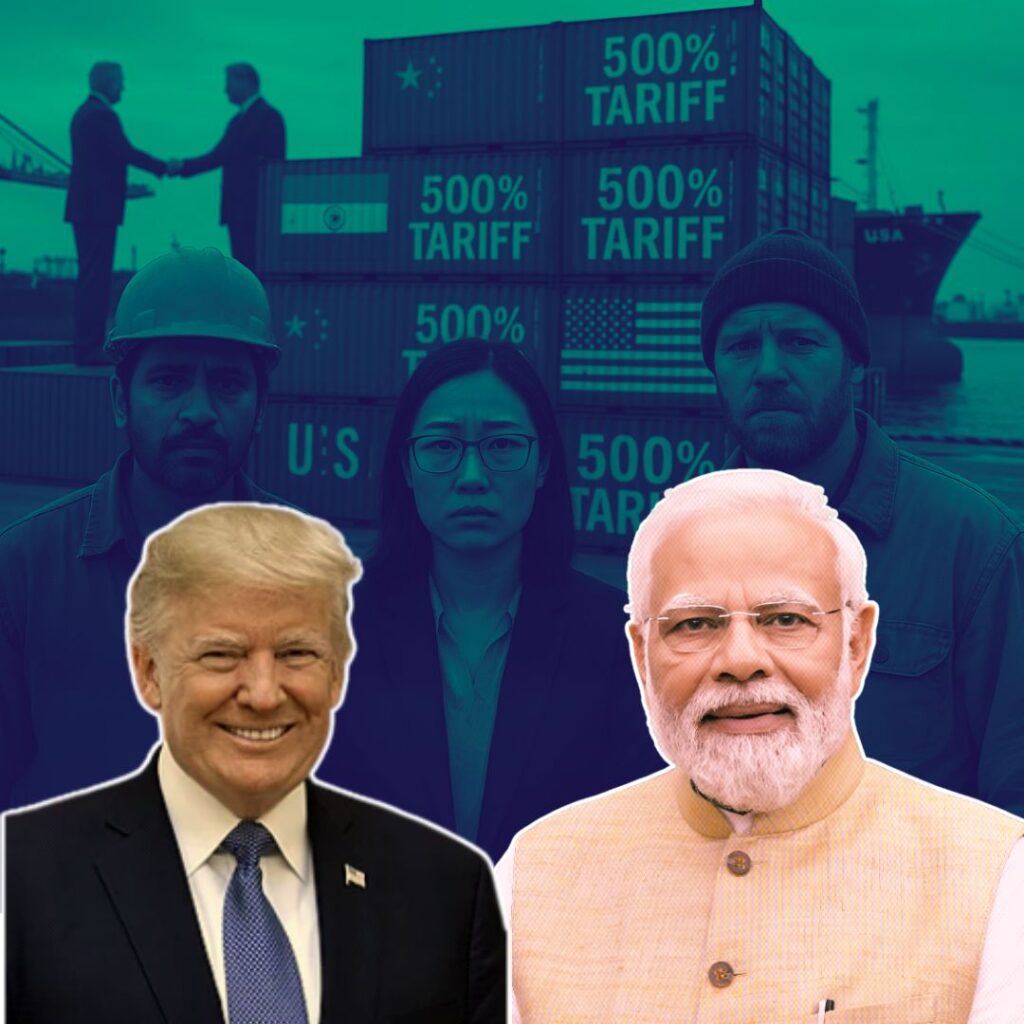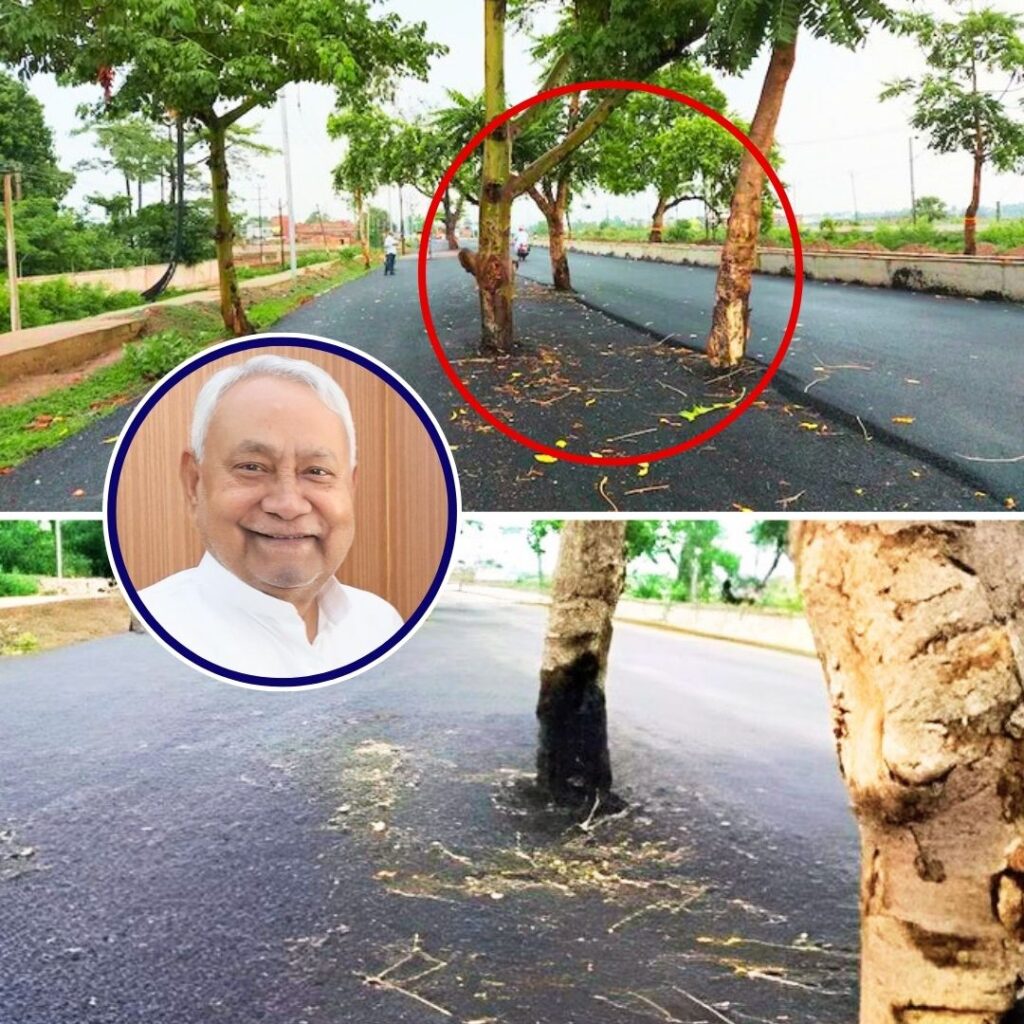For most of us, it would seem as if the most important global event of the past week was the second round of the French Presidential election. In that case, most of us would be wrong. The French election ended with the first round – nobody really believed that the National Front’s Marine Le Pen had a shot at winning a two-candidate contest with Emmanuel Macron. And indeed, as all polls and analysts predicted, Le Pen was crushed in the second round, and Macron became the youngest President of the French Republic.
But the French election was not the most crucial global event of this week. The most crucial global event of this week took place almost 6,000 miles away, in South Korea.
Moon Jae-in campaigning for the South Korean Presidential election 2017 csgazette A historic change for South Korean politics
The 2017 South Korean Presidential election was unusual and consequential in many ways.
For starters, it was a snap election, announced only a few months after the impeachment of former President Park Geun-Hye. Geun-Hye was impeached by South Korea’s national legislature, the National Assembly, following revelations of corruption involving her friend Choi Soon-Sil, who was branded as the “shadow President” or a “modern Rasputin” for influencing government decisions. Geun-Hye’s scandal precipitated massive protests across the country and split the ruling Saenuri Party.
Furthermore, the snap election was contested by 13 candidates, the most crowded contest in the country’s electoral history. Despite this, the winner, Moon Jae-in, won with a comfortable 41% of the vote, 17 percentage points ahead of the runner-up, the largest difference in South Korean history. The election also saw record voter turnout of almost 80%, fuelled by a surge of younger voters.
Moon Jae-in is a former human rights attorney and student activist. He belongs to the Democratic Party of Korea, and his ideas have the potential of altering the dynamics of South Korean polity and international geopolitics when it comes to the delicate conflict on the Korean peninsula.
The South Korean election will have extensive international geopolitical ramifications
Another unique feature of the 2017 South Korean election is that the winner is a liberal. For most of South Korean history, the country has been ruled by either conservative/right-wing politicians or dictators. The country saw leftist rule only during one stretch – from 1998 to 2008.
The ramifications of the South Korean government on global geopolitics are a given, due to the significance of the conflict in the Korean peninsula. And South Korean foreign policy has always been a slave to Seoul’s politics – which is to say that foreign policy in the country is sharply partisan.
South Korea’s right-leaning governments have always favoured an aggressive stance against North Korea and a stronger alliance with the United States of America. Conversely, left-leaning governments have preferred a more diplomatic approach to the country’s northern neighbour and a general distrust of American foreign policy. Indeed, between 1998 and 2008 when the ruling party was leftist, a policy intriguingly named as the “Sunshine Policy” was championed. The Sunshine Policy sought to improve relations with North Korea through diplomacy and joint trade ventures – like the ill-fated Kaesong complex north of the demilitarised zone. Another aspect of the Sunshine Policy was a general suspicious of American intentions, preferring more autonomy over dependence. Invariably, during the 2000s this anti-American sentiment that was rampant in Seoul trickled down to the South Korean people. However, since 2008, relations with America have warmed due to Guen-hye’s politics and North Korea’s renewed aggression. Now, with a liberal back in power, the Sunshine Policy could find new friends.
The election of Moon Jae-in, a liberal, who has already expressed interest in meeting North Korea’s Kim Jong-un and increasing ties between the two countries, also has strategic implications on geopolitics in Southeast Asia and the world at large. Jae-in’s election comes at a delicate time when the Donald Trump administration is seeking a more aggressive rebuke of North Korea. Trump has sought the help of South Korea and China in his militant policy towards North Korea. With South Korea now ruled by a man who wants to give diplomacy a chance and China still suspicious of Trump’s intentions, Washington will find it increasingly difficult to pursue its North Korea policy as it currently stands.
The Korean conflict is nowhere near over. Jae-in’s name might not be on all our lips today, but his politics and foreign policy will invariably affect the world at large.
Moon Jae-in ibtimes A victory for democracy and peaceful governmental transition The South Korean people gave a stinging endorsement of democracy in the past months. South Korea itself is a young democracy: the Sixth Republic began only in …











